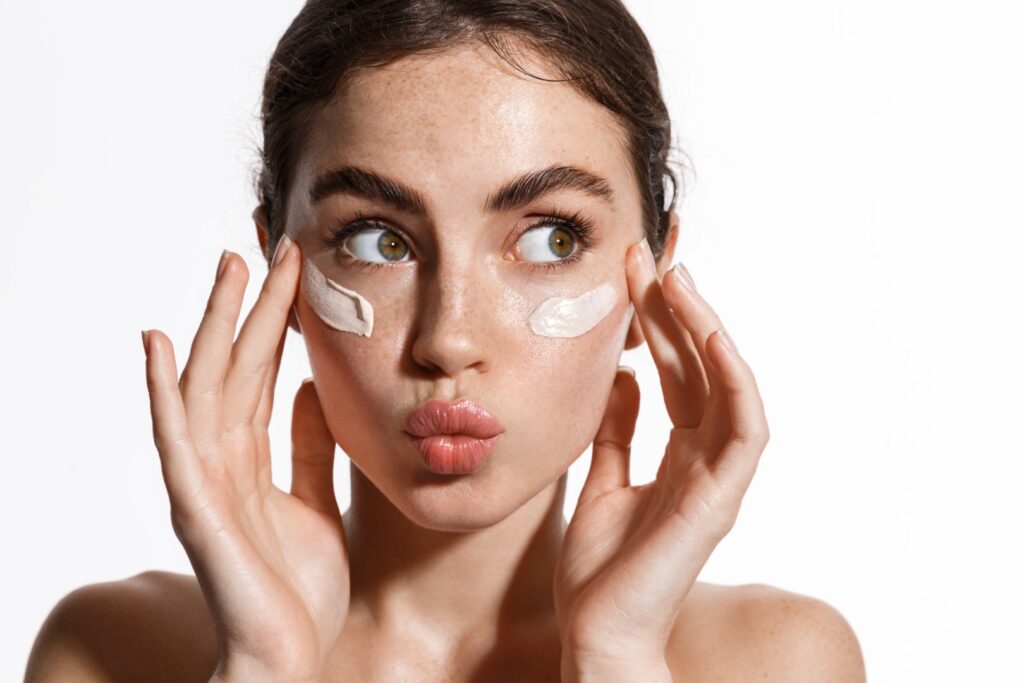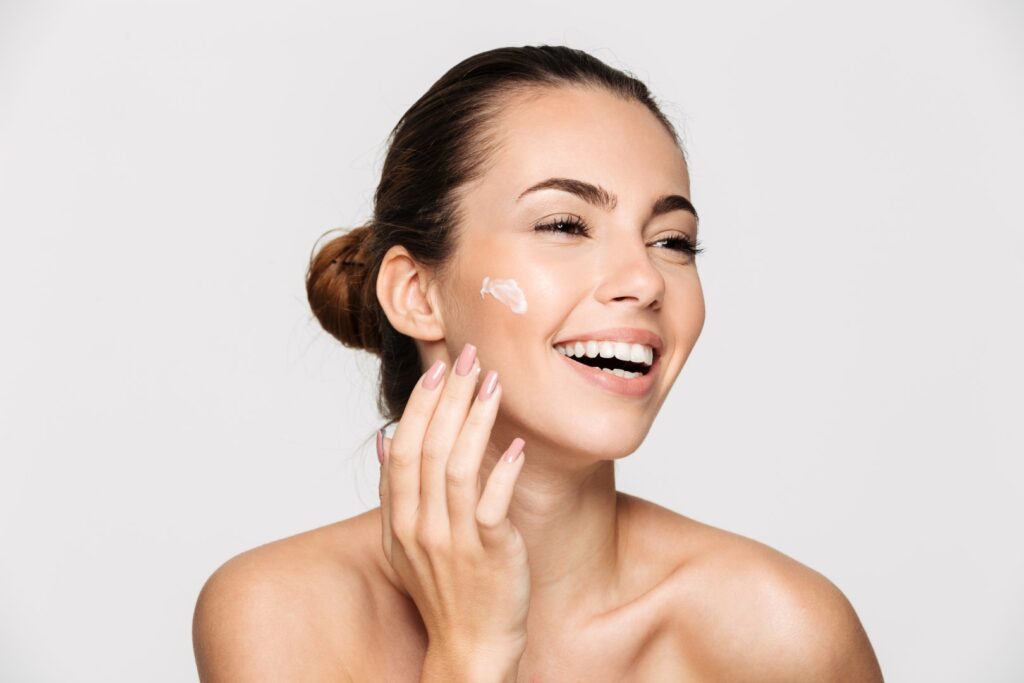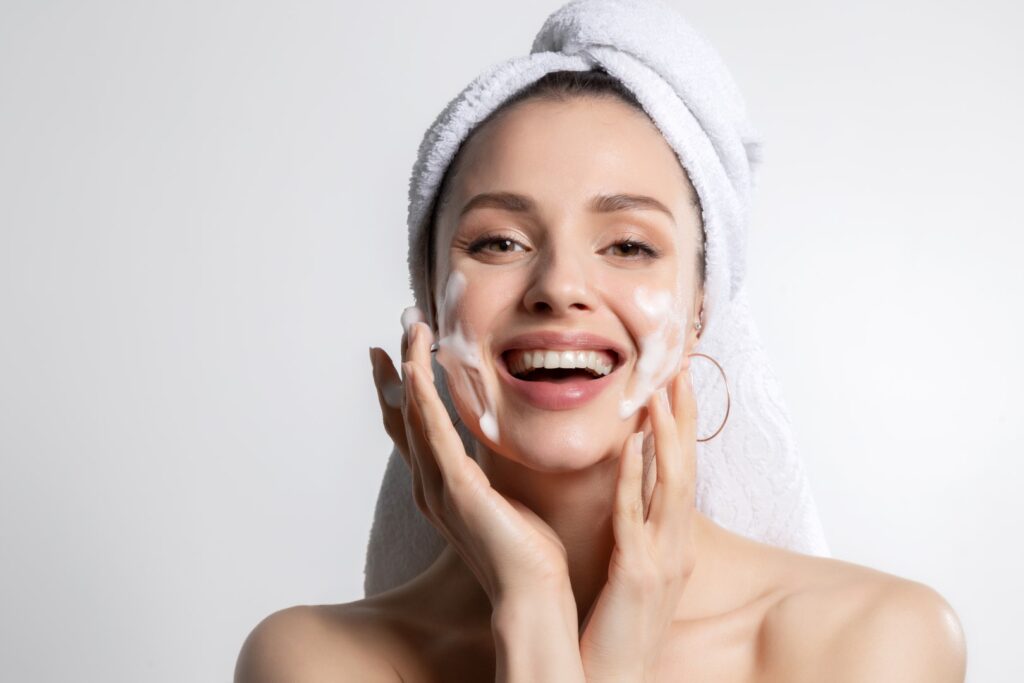Skincare is not just about looking good, it is also about feeling good. Taking care of your skin is essential for maintaining a healthy, glowing complexion. Your skin is the largest organ of your body, and it serves a variety of functions, including protecting your body from environmental toxins, regulating your body temperature, and providing a barrier against infection.

In this blog post, we will discuss the importance of skincare and provide tips and tricks for maintaining a healthy, glowing complexion.
Why is Skincare Important?
Skincare is important for several reasons. Firstly, it helps to maintain the health of your skin. This is important because your skin is the first line of defense against environmental toxins, bacteria, and other harmful substances. If your skin is healthy, it is better able to protect you from these dangers.
Secondly, skincare can help to prevent the signs of aging. As we age, our skin loses its elasticity and becomes less firm, which can lead to wrinkles, fine lines, and sagging skin. However, with a good skincare routine, you can slow down the aging process and keep your skin looking youthful and radiant.
Finally, skincare is important for your mental and emotional well-being. When you take care of your skin, you feel better about yourself and your appearance. This can boost your self-confidence and improve your overall mood.
Tips and Tricks for a Healthy, Glowing Complexion
Now that we understand the importance of skincare, let’s discuss some tips and tricks for maintaining a healthy, glowing complexion.
Cleanse your skin regularly
One of the most important steps in any skincare routine is cleansing. Cleansing removes dirt, oil, and other impurities from your skin, which can clog your pores and lead to breakouts. It is important to cleanse your skin twice a day – in the morning and before bed.
When choosing a cleanser, look for one that is gentle and non-drying. Avoid harsh soaps or cleansers that contain alcohol, as these can strip your skin of its natural oils and cause dryness.
Exfoliate your skin
Exfoliation is the process of removing dead skin cells from the surface of your skin. This helps to unclog your pores and promote cell turnover, which can improve the appearance of your skin and reduce the signs of aging.
You should exfoliate your skin once or twice a week, depending on your skin type. If you have sensitive skin, use a gentle exfoliating scrub or a chemical exfoliant like alpha-hydroxy acids (AHAs) or beta-hydroxy acids (BHAs).
Moisturize your skin
Moisturizing is essential for maintaining a healthy, glowing complexion. It helps to hydrate your skin and prevent dryness, which can lead to flakiness, itching, and irritation. It can also help to reduce the appearance of fine lines and wrinkles.

When choosing a moisturizer, look for one that is appropriate for your skin type. If you have dry skin, choose a moisturizer that is rich and hydrating. If you have oily skin, choose a lightweight, oil-free moisturizer.
Protect your skin from the sun
Exposure to the sun’s UV rays can cause damage to your skin, including sunburn, premature aging, and an increased risk of skin cancer. That is why it is important to protect your skin from the sun.
You should wear sunscreen every day, even on cloudy days. Choose a broad-spectrum sunscreen that protects against both UVA and UVB rays, and has an SPF of at least 30. Apply it liberally to all exposed areas of your skin, and reapply every two hours if you are outside.
Eat a healthy diet
Your diet can also have an impact on the health of your skin. Eating a diet that is rich in vitamins, minerals, and antioxidants can help nourish your skin from the inside out.
Some foods that are particularly good for your skin include:
- Fruits and vegetables: These are rich in vitamins, minerals, and antioxidants that can help protect your skin from damage and promote healthy skin cell growth.
- Healthy fats: Omega-3 fatty acids, found in fatty fish like salmon, can help keep your skin hydrated and prevent inflammation. Avocados, nuts, and seeds are also good sources of healthy fats.
- Water: Drinking plenty of water is essential for maintaining hydrated skin.
- Get enough sleep
Getting enough sleep is important for your overall health and well-being, including the health of your skin. When you are sleep deprived, your body produces more stress hormones, which can lead to inflammation and breakouts.

On the other hand, when you get enough sleep, your body has a chance to repair and regenerate, which can help improve the health and appearance of your skin. Aim for 7-9 hours of sleep each night.
Manage your stress
Stress can have a negative impact on your skin, causing breakouts, inflammation, and premature aging. That is why it is important to find ways to manage your stress.
Some effective stress management techniques include:
Exercise: Exercise is a great way to relieve stress and improve your overall health, including the health of your skin.
Meditation: Practicing meditation or mindfulness can help reduce stress and improve your mental well-being.
Yoga: Yoga combines movement, breathing, and meditation, making it a great way to relieve stress and improve flexibility. In conclusion, taking care of your skin is important for maintaining a healthy, glowing complexion and for your overall health and well-being. By following these tips and tricks, you can keep your skin looking and feeling its best. Remember, a good skincare routine is not just about looking good, it’s about feeling good too.

